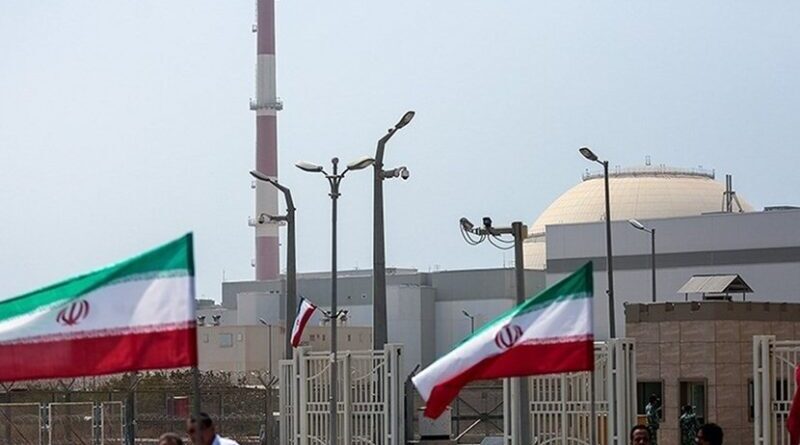After Isfahan: Israel’s Eyes On Iran’s Nuclear Facilities – OpEd
By Altaf Moti
In the complex geopolitical landscape of the Middle East, tensions between Israel and Iran have simmered for decades. The specter of Iran’s nuclear program looms large, and any potential military action must be carefully considered. Recently, an Israeli attack on the Iranian city of Isfahan sent shockwaves through the region. Isfahan, home to major nuclear facilities, became a focal point in this high-stakes game of brinkmanship. Let’s explore why such an attack would be ill-advised, fraught with risks, and unlikely to yield significant benefits.
The Context
Recent events have escalated tensions between the two nations. Iran’s missile and drone attacks on Israeli soil prompted a response, with Israel suspected of bombing the Iranian consular building in Syria, resulting in casualties among the Islamic Revolutionary Guard Corps (IRGC) personnel. After attack on Isfahan, the possibility of an Israeli strike on Iran’s nuclear sites looms ominously.
The Risks
1. International Condemnation
Israel’s actions are closely monitored by the international community. Any military strike on Iran’s nuclear facilities would invite scrutiny and condemnation. The delicate balance between Israel’s security concerns and global expectations places it in a precarious position. The United Nations, European Union and other influential bodies would likely express disapproval, potentially affecting diplomatic relations and trade partnerships.
2. Escalation Dynamics
Beyond the immediate aftermath, an attack on Iran’s nuclear sites could set off a chain reaction. Iran possesses formidable military capabilities including ballistic missiles, cyber warfare capabilities and regional proxies. Retaliation could extend beyond the Middle East, impacting global stability. Furthermore, the risk of miscalculation or miscommunication leading to unintended escalation cannot be ignored.
3. The Elusive Goal of Elimination
While Israel may seek to halt Iran’s nuclear program, complete eradication is unlikely. Iran’s dispersed and fortified facilities, coupled with its determination, make it resilient. A surgical strike might delay progress, but it won’t erase the knowledge, infrastructure, or scientific expertise. Moreover, such an attack could galvanize domestic support for Iran’s nuclear ambitions, turning it into a matter of national pride.
4. Regional Fallout
The Middle East is a tinderbox of historical grievances, sectarian tensions, and power struggles. An Israeli attack could destabilize neighboring countries, exacerbating existing conflicts. Allies and adversaries alike would recalibrate their positions, potentially leading to proxy wars, refugee crises, and economic disruptions.
The IAEA’s Confirmation
The International Atomic Energy Agency (IAEA) confirmed that Iran’s nuclear sites remained untouched after the recent events. Despite conflicting reports, the reality is that no damage occurred. Nuclear facilities should never be military targets, and the IAEA emphasizes extreme restraint.
Iran’s Response
Iran’s rhetoric has sharpened. The IRGC warned of a reciprocal response if Israel attacked its nuclear sites. Brigadier General Ahmad Haghtalab, head of IRGC Nuclear Command, even hinted at reconsidering Iran’s pursuit of nuclear weapons if its facilities were targeted.
Internal Israeli Divisions
Within Israel’s cabinet, divisions run deep. While some view the attack on Isfahan as minor, others recognize its significance. This internal discord complicates decision-making and underscores the risks involved. The delicate balance between security imperatives and dissenting voices within Israel’s leadership adds complexity to an already precarious situation.
The Diplomatic Alternative
Rather than military aggression, diplomatic channels offer hope. Engaging in dialogue, leveraging international agreements and promoting transparency can address concerns about Iran’s nuclear program. The Joint Comprehensive Plan of Action (JCPOA), despite its flaws, demonstrated the value of multilateral negotiations. Rebuilding trust and finding common ground should be prioritized over military brinkmanship.
The aftermath of an attack would reverberate for years. It could shape the Middle East’s security landscape, influence arms races, and impact global non-proliferation efforts. The choices made today will echo through generations, affecting regional stability and the delicate balance of power.

